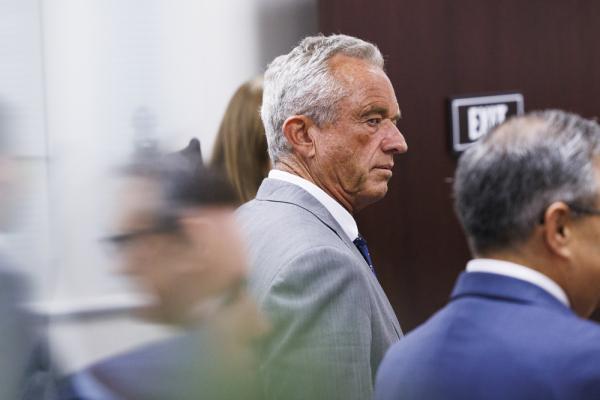On Wednesday of Holy Week, while most Christians were preparing to proclaim the Resurrection of Christ, Health and Human Services Secretary Robert F. Kennedy Jr. made a proclamation of a different kind: “Autism destroys families.” He went on to say that autistic children “will never pay taxes, they’ll never hold a job, they’ll never play baseball, they’ll never write a poem, they’ll never go out on a date, many of them will never use a toilet unassisted … ”
These remarks framing autism as an epidemic or tragedy were not simply a one-off. They are both part of and an escalation in the broader Trump administration position that accessibility — the “A” in DEIA — is a problem to be eliminated, a mindset that results in policies that are at least unfriendly, if not actively hostile, to disabled people like me.
Read the Full Article

